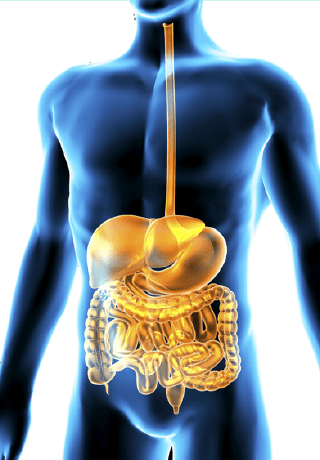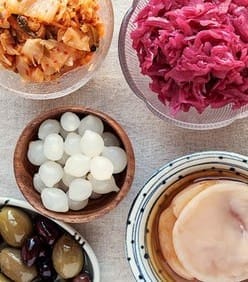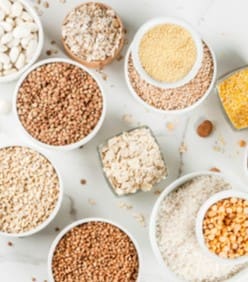How are they different and why are they useful?
“Probiotics don’t work! I’ve tried them all.”
I often hear this from frustrated clients who have spent months and maybe years trying to resolve their own digestive symptoms. Dodgy digestion affects over 50% of Australians, so it’s no wonder the market is wide for products to help with it.
If we look at probiotics for example, these live organisms come from specific species and strains, each with their own unique set of functions and behaviours. So, the ideal choice for YOUR GUT might not be the one in the fancy packaging or the one that worked for your friend. Worse still, using the wrong product for YOUR GUT can lead youto a costly, time-consuming experience and might even take your digestion in a direction you didn’t want.
Let’s dive a little deeper…

Fun Facts
We also have nasal, urogenital, lungs, skin and oral microbiome
Our entire digestive tract is home to gut organisms
The gut microbiome is made up of bacteria, fungi, viruses, yeasts,and sometimes parasites and worms
Gut microorganism cells are equal in number to human cells inthe body.
Each organism has it’s own DNA
Our own DNA is far outnumbered by the DNA of ourmicroorganisms!!
A healthy microbiome is a rich and diverse microcosm of organisms, each with their own health contributing features.The delicate balance provides a nourishing terrain for the production of dietary enzymes and immune-supporting substances like Secretory IgA. It protects the intestinal lining and promotes not only good digestion, but a healthy microbiome-gut-brain-axis, balanced immune health and the crucial absorption of nutrients.
Certain factors in our busy life can disrupt this delicate balance. A diet too rich in starch and sugar, poor food quality and highly processed foods, drinking unfiltered water, the use of certain medications, cigarette smoking, alcohol, stress, lack of exercise and lack of sleep can all impact the environment of the gut and the health of the microbiome.

Prebiotics- are compounds which ‘feed the healthygut bacteria’
- improve the microbiome function and composition.
- Enhance production of short chain fatty acids (SCFA’s) acetate,proprionate and butyrate
- Directly stimulate and alter immune function – TLR4
Food sources are: Wholegrains, artichokes, asparagus, nuts and seeds, leeks, onions and garlic, cashews and pistachio nuts, chickpeas, beans and lentils, resveratrol – red wine extract
Probiotics
Food containing probiotics include: Kefir, yoghurt, pickled foods, brined olives, fermented foods, natto, kombucha, apple cider vinegar.
WARNING – if your gut health is not 100%, fermented foods may actually worsen your symptoms. They’re also high in histamine, so if this is a concern, you may prefer a supplement.
There are many probiotic products on the market, and choosing the right one for YOUR HEALTH requires an understanding of the various species and strains of these organisms. Research is conducted at the strain level, so it’s important to use the right one for the job. If in doubt, ask me!


Postbiotics
are the waste product of the fermentation process in our gut which may offer physiological benefits. In basic terms, probiotics
feed on prebiotics which produce postbiotics.
Examples of postbiotics include short chain fatty acids, such as butyrate, propionate and acetate, amino acids, enzymes, cell wall components and other metabolic by-products.
You can ensure the production of postbiotics by consuming 25-30g of fibre a day:
- Eat 3 serves of gluten-free wholegrains or seeds per day
- Consume a variety of fibre from root vegetables, legumes, nuts and seeds.
- Choose a variety of vegetables and fruit.
